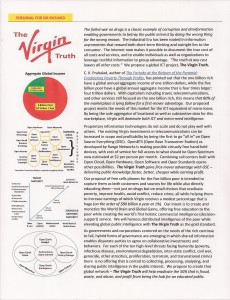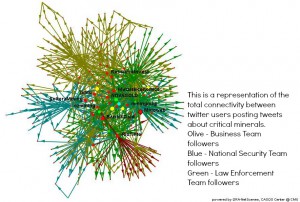
The Pirate Bay is the World's Most Efficient Public Library
The way media piracy works is that one person or group purchases a work, and then shares it with millions of other people. This supposedly deprives the author or artist of those millions of people’s money. One group has acquired over 50 million media items, and makes each of them available to approximately 20 million people — which must be a tremendous hit to creative professionals’ wallets. This notorious institution is called the New York Public Library.
It begs the question why every author, filmmaker, and musician isn’t up in arms about the New York Public Library’s rampant sharing, while there’s a ton of opposition to the sharing habits of BitTorrent peers who use The Pirate Bay. After all, The Pirate Bay’s community shares significantly less than the New York Public Library: just 1 million items in 2008 (and the collection certainly hasn’t grown 5000% since then). The reason that The Pirate Bay is offensive [efficient and pro-active], and the New York Public Library is not, is because of its efficiency.






